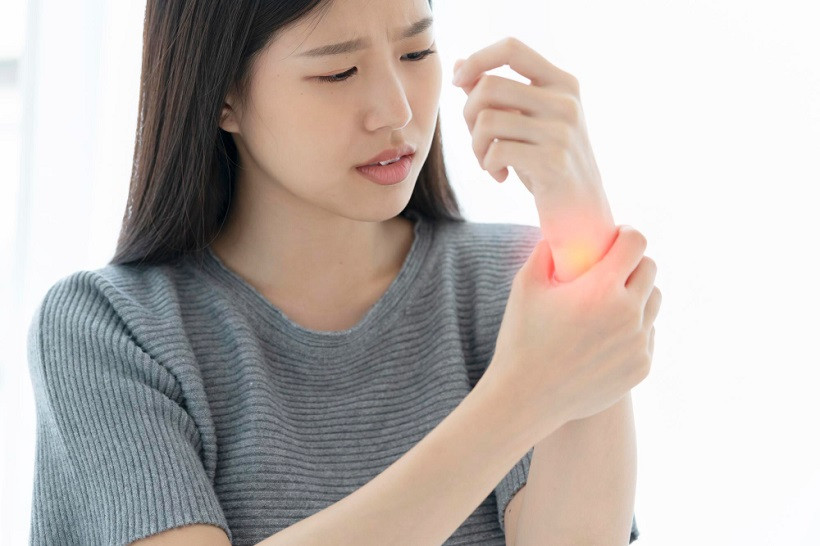The sensation of pain in the bones and joints accompanied by fever is often referred to as "bone flu." But did you know that in the medical world, there is no such term as "bone flu"? Here are the facts about what is commonly known as bone flu.
What is the bone flu?
As previously mentioned, there is no disease called "bone flu" in the medical world. Instead of indicating a specific disease, "bone flu" actually refers to the symptoms of bone and joint pain accompanied by fever seen in chikungunya infections.
This infection, caused by mosquito bites, results in severe bone and joint pain that can persist for weeks or even months. That is why chikungunya is also referred to as "bone flu."
Causes and transmission of Chikungunya
Chikungunya is a disease caused by an RNA virus infection within the alphavirus genus of the Togaviridae family. This virus is spread through the bites of mosquitoes infected with it. The disease is quite difficult to diagnose because its symptoms are similar to those of dengue fever or the Zika virus.
According to the WHO, after being bitten by an infected mosquito, the symptoms of the disease usually appear around 4–8 days later, but they can also range from 2–12 days. The symptoms can range from mild to severe, depending on the immune system of the infected person.
Unlike dengue fever, chikungunya is not life-threatening. Serious complications may occur but they are very rare. Most patients can fully recover from the infection, though they may experience joint pain that persists for several weeks, months, or even years. Once recovered, you are likely to be immune to re-infections.
Symptoms of Chikungunya
Almost everyone infected with chikungunya will experience the following symptoms:
- Fever and joint pain that appear 4–8 days or 2–12 days after a mosquito bite with an infectious disease
- Headache
- Muscle pain
- Joint swelling
- Skin redness
- Joint pain that persists for weeks, months, or even years
Chikungunya treatment
There is no specific medication or vaccine available to treat and prevent chikungunya at the moment. Generally, individuals infected with chikungunya do not need hospitalization and can be cared for at home. Here are some tips to alleviate chikungunya symptoms:
- Take enough rest
- Drink lots of water to prevent dehydration
- Take pain relievers like acetaminophen or paracetamol to reduce fever and relieve joint pain
It is recommended not to take aspirin or NSAIDs to minimize the risk of bleeding. If you find that the pain does not relieve after taking over-the-counter pain relievers, consult a doctor who can prescribe medication based on your condition and symptoms.
While infected with chikungunya, it is best to rest completely at home and consume a balanced, nutritious diet. Clean all water containers and prevent mosquito breeding in your area to avoid spreading the virus to family members. Wear long-sleeved shirts and long pants, and use mosquito repellents containing DEET or picaridin.
If you need other medical advice or consultation, you can either visit a doctor or make use of the consultation features that are available in the Ai Care application by downloading the Ai Care application from the App Store or Play Store.
Looking for more information about other diseases? Click here!
- dr Nadia Opmalina
CDC (2022). Chikungunya Virus - Symptoms, Diagnosis, & Treatment. Availlable from: https://www.cdc.gov/chikungunya/symptoms/index.html
Pritish K Tosh, MD (2022). What is chikungunya fever, and should I be worried?. Available from: https://www.mayoclinic.org/diseases-conditions/infectious-diseases/expert-answers/what-is-chikungunya-fever/faq-20109686
WebMD (2021). What Is Chikungunya?. Available from: https://www.webmd.com/a-to-z-guides/what-is-chikungunya
WHO (2020). Chikungunya. Available from: https://www.who.int/news-room/fact-sheets/detail/chikungunya












